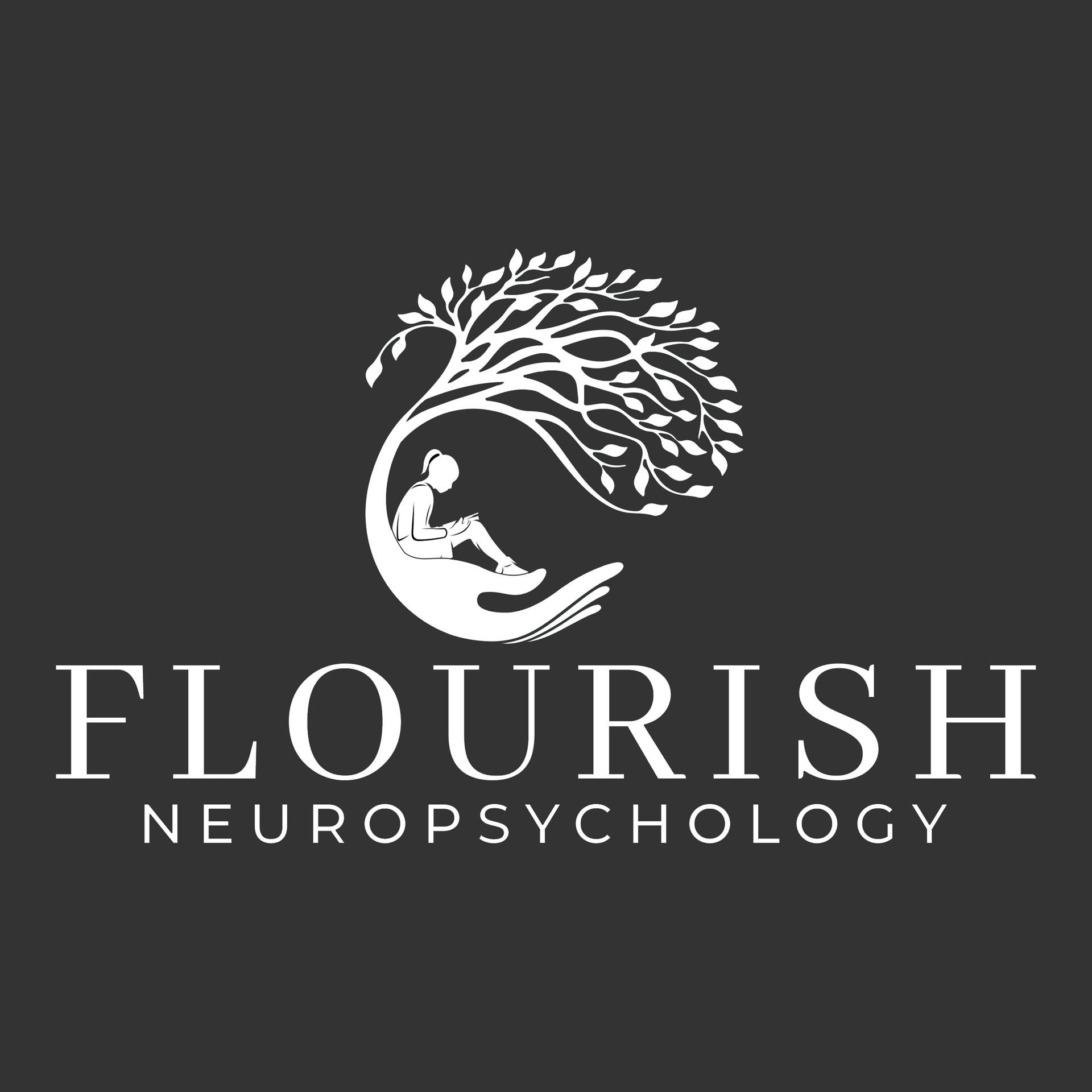NEUROPSYCHOLOGICAL EVALUATION
What happens during a Neuropsychological Evaluation?
A neuropsychological evaluation is a detailed assessment aimed at understanding how different areas of your brain are working and how this impacts your cognitive abilities and behavior. Think of it as a comprehensive check-up for the brain. An evaluation can help provide an in-depth understanding of strengths and challenges, clarify diagnoses (e.g., ADHD), and develop targeted recommendations to help you grow and be successful at home, school/work, and in the community.
Overall, a neuropsychological evaluation provides a comprehensive picture of your cognitive functioning, helping to identify any areas of challenge and guide effective strategies for managing them. For children, this can be very helpful in guiding their educational supports.
Here is a breakdown of what happens during the evaluation:
List of Services
-
Interviews and HistoryList Item 1
The process usually starts with an interview where the neuropsychologist asks about medical history, developmental milestones, academic performance, and any current concerns. This helps them understand the context and any specific issues you or your child might be facing. This can be done in person or via telehealth (Zoom) and usually lasts one hour.
-
TestingList Item 2
You or your child will undergo a series of tests designed to assess different areas of brain function. These tests evaluate things like memory, attention, problem-solving, language, and motor skills. The tests are typically in the form of puzzles, questions, or tasks that are age-appropriate and engaging.
-
ObservationList Item 3
The neuropsychologist might also observe how you or your child handle the tasks and your responses during the evaluation. This helps them get a better sense of how you or your child approach problems and manage frustration or stress.
-
AnalysisList Item 4
After the testing, the neuropsychologist will analyze the results to see how different cognitive functions are performing. They’ll compare your results to typical developmental and age-related benchmarks to identify any strengths or areas of concern.
-
Feedback Session
There will be a follow-up session where you will discuss the results with the neuropsychologist. They’ll help you understand what the findings mean and how you might use them to address any challenges you’re facing, whether they relate to school or work, daily living, or other areas of life.
-
Report and Recommendations
You’ll receive a detailed report that explains the findings of the evaluation. This report will highlight your or your child’s cognitive strengths and areas of difficulty and may include specific recommendations for treatment, therapy, or strategies to help strengthen these areas.
When might someone need a neuropsychological evaluation?
Does an evaluation provide a diagnosis?
Yes, a neuropsychological evaluation can provide a diagnosis, but it's often part of a broader diagnostic process. Overall, while a neuropsychological evaluation can provide a diagnosis or contribute to the diagnostic process, it is usually part of a larger clinical assessment that includes record review and collaborative consultations to confirm and refine the diagnosis.
Here’s how it fits into the diagnostic framework:
List of Services
-
Assessment of Cognitive FunctioningList Item 1
The evaluation provides a detailed understanding of various cognitive functions such as memory, attention, language, and executive functioning. This information can be crucial in identifying specific cognitive impairments or patterns that align with particular diagnoses.
-
Identification of Cognitive PatternsList Item 2
Based on the results of the evaluation, a neuropsychologist can identify patterns of cognitive strengths and weaknesses. These patterns can help in diagnosing conditions like ADHD, learning disabilities, dementia, or other neurological disorders.
-
Diagnostic ClarityList Item 3
While the neuropsychologist can identify and describe cognitive impairments and suggest possible diagnoses, they often work in conjunction with other medical professionals (such as neurologists, psychiatrists, or clinical psychologists) to confirm a diagnosis. The neuropsychological evaluation contributes valuable data to this process.
-
Differential Diagnosis Write a description for this list item and include information that will interest site visitors. For example, you may want to describe a team member's experience, what makes a product special, or a unique service that you offer.
List Item 4 -
Comprehensive Report Write a description for this list item and include information that will interest site visitors. For example, you may want to describe a team member's experience, what makes a product special, or a unique service that you offer.
-
Treatment and Intervention Planning
Beyond diagnosis, the evaluation helps in developing tailored treatment plans and interventions based on the specific cognitive and behavioral issues identified.


